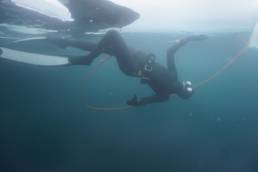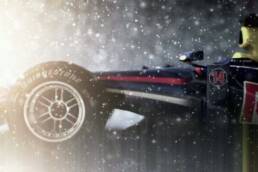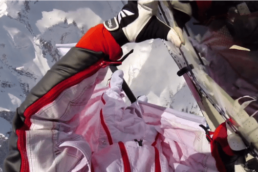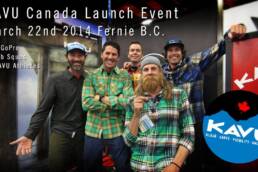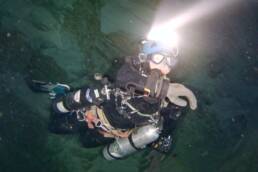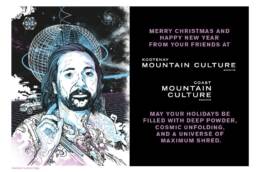For Alberta athlete Lorenza Sommaruga Malaguti, freediving beneath ice truly takes her breath away.
A two-metre-wide maw of dark water licks at the surrounding ice, a glaring swath of white that extends across all 21 kilometres of Lake Minnewanka, near Banff, Alberta. Earlier in the day, a man clad in orange chaps and a dark wool toque wielded a chainsaw and cut through the 20-centimetre-thick ice to create this hole. Now, a tall woman with long blond hair tucked into the hood of her black wetsuit adjusts the straps on her fins, weight belt, and mask. She flexes her fingers in seven-millimetre-thick gloves, steadies her breath, and then plunges below the surface.
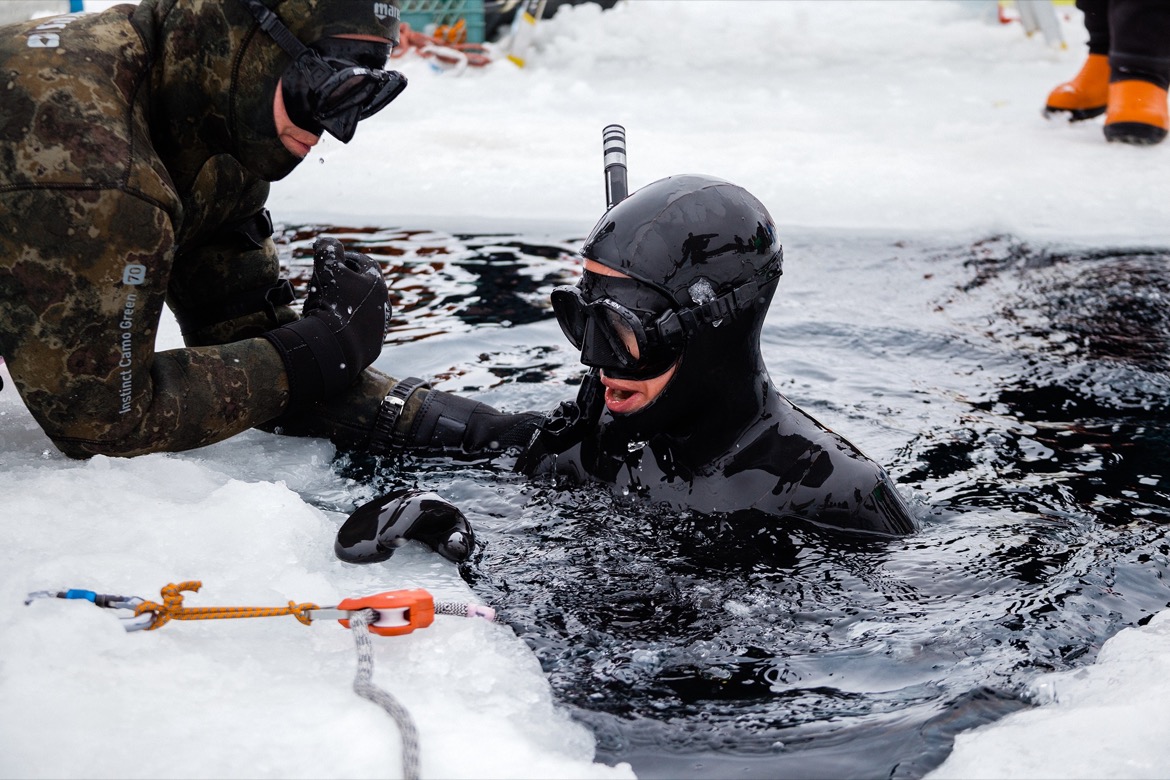
“Once you’re under, you can see the light penetrating through the ice, and it’s so amazing that you don’t think about getting trapped underneath it,” says Lorenza Sommaruga Malaguti, one of a handful of people in Canada who willingly swim under ice without supplemental oxygen. The Calgary-based veterinarian is describing a particular day in the middle of March when she slipped into the waters of Lake Minnewanka. “It’s the cold that you have to master. It takes over everything. When it hits your face, it’s such a shock. You’re literally dipping your bare skin into 1°C water and it’s excruciating. Your body is just trying to survive.”
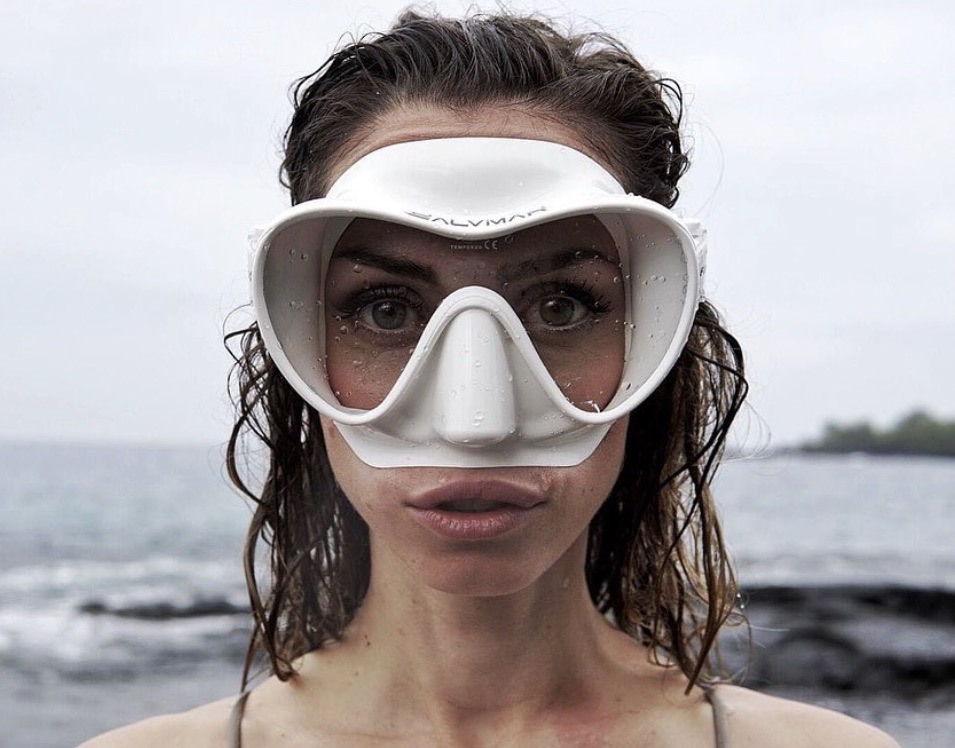
Freediving is the act of swimming underwater while holding your breath, and according to archaeologists, we modern-day humans have been doing it to feed ourselves for at least 8,000 years. Lorenza, 33, and her brother Luca, 31, were taught to freedive for fish by their grandfather while growing up in Italy. After moving to Canada in 1997, they set about honing their skills in various places around the world, including Grenada, where Lorenza attended vet school, and Howe Sound near Squamish, British Columbia, where Luca now lives and runs the Sea to Sky Freediving & Spearfishing Academy.
When he’s not teaching breathing techniques to freedivers, mountaineers, and other athletes, Luca travels the globe representing Canada at freediving competitions. The sport began in the 1950s when Italian divers challenged one another to see how deep they could go underwater and for how long. Luca’s deepest dive is 80 metres, and he says it’s standard for him to hold his breath underwater for two and a half minutes. “To prepare for a dive, we do some specific types of stretching to loosen up the respiratory muscles, as well as some meditation and visualization to get the mind into a positive place,” he says. “We call it the ‘flow state.’ When I teach this to my students, I use the analogy of race-car drivers because, although they’re ripping around the track at 300 kilometres per hour, their heart rate is super low. They’re present and focused and using all their senses in the moment.”
Lorenza admits she can’t dive as deep as her brother, but she’s better at handling freezing temperatures; Luca has yet to dive under ice. In warmer climes, she’ll stay underwater for longer than two minutes. “I’m happy to hold my breath for 45 seconds under ice. That said, I don’t do this because I want to breath hold,” she says. “You don’t go ice diving to do that. You go for the experience.” She then explains how lake water in the winter months is extremely clear because of the lack of sediment, so when she dives, there’s a crystalline light show below her that fades from turquoise to black, and above is sunshine refracting through ice. Listening to her description, one imagines it might be like looking at the world from inside a white cream-soda freezie.
If she’s not floating under ice, Lorenza is speeding across it with the help of a kite. She’s ranked as one of Canada’s best snow kiters; she won bronze at the 2019 Red Bull Ragnarok, which is held on the Hardangervidda Plateau in southern Norway and considered the world’s hardest snow-kiting event. “Most things I do are adrenaline driven,” she says, “but freediving is my only sport where I have to calm down; I have to relax. And when I hit that freezing cold water, it takes another level of mindfulness. I’m not saying I’m good at it — I think my brother would exceed at ice diving because of his ability to meditate — but I can get to a state where I’m relaxing, where I’m conscious of my breath, where I’m not feeling the cold anymore. And then you go down.”
Vince Hempsall
Vince Hempsall lives in the beautiful mountain town of Nelson, British Columbia, where he spends his time rock climbing, backcountry skiing and mountain biking (when not working). He is the editor of Kootenay Mountain Culture Magazine and online editor for the Mountain Culture Group.
Related Stories
Frozen One
This comes from the creative geniuses housed up above the old post office in downtown Rossland, BC. Juicy Studios'…
Diving Into Fernie
KAVU wanted to celebrate the launch of KAVU apparel, bags and accessories in Canada so they spent a weekend in Fernie…
KAVU Canada Lands First in Fernie
On March 22, 2014 KAVU & Elevation Showcase Presents KAVU Canada. KAVU athletes and KAVU staff will be dropping…
Diving into Canada’s Deepest Cave
A look inside 10 years of discovery and determination in Bisaro Anima, the 683-metre-deep cave near Fernie, British…
Sanuk Canada Wants to Bring you Surfing In Tofino
Get on it, friends... Facebook Use the attached FACEBOOK.jpg image to post in Facebook Use this pre-populated contest…
Central Saanich Named Competition Climbing Capital of Canada
Photos by: Christian J. Stewart The Boulders Climbing Gym and the District of Central Saanich are pleased to announce…


